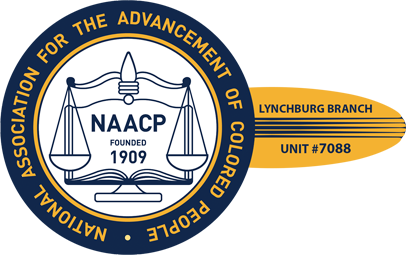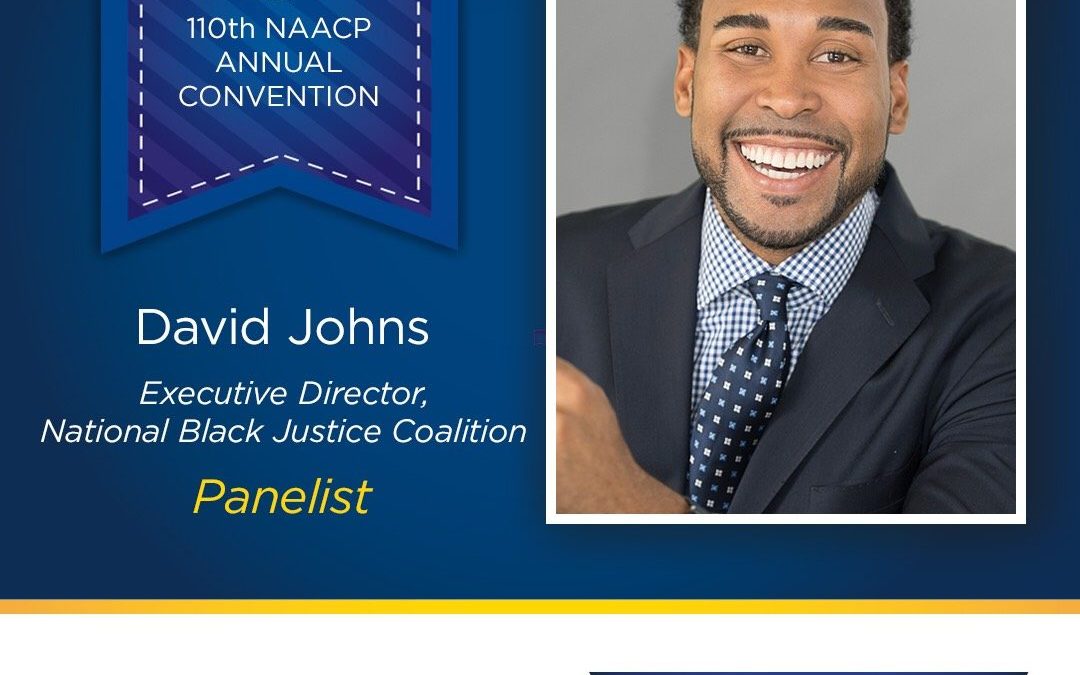
As a Black boy growing up in Inglewood, California, my masculine identity and the expectations around romantic and intimate relationships were constructed by society’s shallow understanding of “traditional” and accepted behaviors that rendered the diverse and life-changing contributions of Black lesbian, gay, bisexual, transgender, queer (LGBTQ) and same gender loving (SGL) people invisible. My Black pride, however, requires that I acknowledge and celebrate my intersectional identity.
Black pride celebrations scheduled throughout the summer should be an extension of Black History month, a time to honor the legacy of those that came before us and a time to commit to carry the torch forward so we can all be free – that is happy, safe, and whole.
This past June, we celebrated 50 years since the Stonewall Resistance and the courageous actions of Marsha P. Johnson, a Black transgender woman who refused to allow the police terrorize LGBTQ/SGL people at a safehaven (the Stonewall Inn in New York City’s Greenwich Village). Johnson, along with Sylvia Rivera, anchored a movement that today, is still absent of Black LGBTQ/SGL community members who do not celebrate being proud in public because it is not safe, even among our own Black community.
So far this year, 11 transgender women have been murdered. All of these women were Black. Gender-based violence disproportionately impacts Black women and girls, especially Black transgender women. The continued violence and abuse against Black women and girls demonstrate that freedom is not equally enjoyed among us.
That’s why we are calling our community to action. Together, we can ensure gender justice by creating a safe, supportive, and affirming environment for all Black LGBTQ/SGL people, especially in spaces created for and by Black people.
Making sure that we all thrive is our shared responsibility and the NAACP remains a torchbearer in the fight to ensure that we are all are free.
As a proud NAACP member, and as the Executive Director of the National Black Justice Coalition (NBJC), the nations only civil rights organization focused on racial equity and LGBTQ/SGL equality, my hope is we will work better together to ensure that our civil rights efforts include intersectional social justice, specifically gender justice, and clear responses to the violence against Black transgender members of our community.
NBJC is proud to launch the Gender Justice toolkit at the 2019 NAACP Convention. The toolkit designed to facilitate uncomfortable and, at times, difficult conversations that can save lives and end the violence that Black women and girls–both cisgender and transgender–as well as gender non-conforming and non-binary people, experience simply as a result of who they are and how God purposed for them to show up in the world.
Malcolm X reminded us that the most disrespected, unprotected and neglected person in America is the Black woman. Let’s work together by using tools and resources like the Gender Justice toolkit to understand and practice the powerful ways we can way to protect, uplift, and empower all Black women and girls–including Black cisgender and transgender, women and girls– and to deconstruct the way violent and oppressive language and actions used against them. The only way to get free is to ensure we all get free.
Thank you for your continued leadership,
David J. Johns


Recent Comments